
#CILE2015: The Participants
>> CILE 3rd Annal International Conference, Brussels, march 2015 <<
Biography
Dr. Al-Sharmani trained as an anthropologist and received her doctorate degree from Johns Hopkins University, USA in 2005. From 2005 to 2010, Dr. Mulki was a research and teaching faculty at the American University in Cairo, Egypt. From 2010 to 2011, she was a research fellow at Helsinki Collegium for Advanced Studies, University of Helsinki. She is currently work- ing on two Academy of Finland research projects titled : ‘Islamic Feminism : Tradition, Authority, and Hermeneutics’ and ‘Transnational Muslim Marriages in Finland : Wellbeing, Law, and Gender.’ Dr. Mulki’s field of research covers two overlapping areas. One is the relationship between Islamic interpretive tradition, modern Muslim family laws, and Muslim gender norms. Her work in this area examines how Islamic interpretive tradition is understood, contested, and drawn on in modern processes of law making, legal practice, and in the shaping of dominant religious discourses.
Since 2011, her work developed to investigating epistemological projects undertaken (collectively and/or individually) by selected Muslim women scholars/activists from different countries in the Global North and South ; these projects engage critically with Islamic religious sciences, tackling the two questions of gender and methodological reform. Dr. Mulki’s other area of research is modern diasporas and transnational family life. She investigates how the ‘transnational’ is constituted and experienced in migrant family life ; and how marriage and family life become social fields where religious and cultural norms are negotiated and refashioned. She is currently an Academy of Finland research fellow and a lecturer at Faculty of Theology, University of Helsinki, Finland.
Speech Title (Gender Issues panel)
Revisiting the Relationship between the ‘Ethical’ and the ‘Legal’ in Muslim Gender Norms.
Reflections on Family Laws and Islamic Interpretive Tradition
Abstract
In a current study (2013-2017) that I am conducting on the marriage norms and practices of Muslim migrants in Finland, young female informants, who are engaged in a personal quest of religious learning, talked about the need for religious laws regulating spousal duties and rights to fulfill what is ethical, which they traced to the Qur’an and their understanding of God. They also talked about linking spousal relations to the religious duty of every Muslim to cultivate a self that embodies Quranic ethical values.
In an earlier ethnographic research (2007-2011) that I conducted on Egyptian Muslim personal status laws, I also noted many informants’ grappling with the disconnect between the ethical and the legal in regard to religiously-based laws governing spousal duties and rights. And the same concern was also voiced by informants in a multi-sited research on women’s experiences of qiwamah and wilayah in ten countries, which I coordinated as part of a research project led by the movement Musawah.
The concerns of these above-mentioned ordinary women from different contexts echo the questions that guide the work of a group of Muslim women scholars who are critically engaging with Islamic interpretive tradition, and who are the focus of my present five year study (2013-2018). These scholars are driven by the question of gender and methodological reform, and are seeking to produce alternative religious knowledge that reclaims the underlying principles of Quranic ethics. One example of such scholars is Ziba-Mir-Hosseini (2015) who interrogates classical fiqh construction of marriage and its underlying premises about women and men and their gender roles. Another is Omaima Abou-Bakr who, in a recent study, has undertaken a genealogical reading of the concept of qiwamah in the tafsir literature over 10 centuries. Abou-Bakr systematically unearths the assumptions about gender identities that shaped the exegetes’ interpretive work, analyzes their interpretive methods, and traces the historical process through which they created a cumulative patriarchal construct of qiwamah. The common thematic thread in the works of these scholars and many notable others is that Qur’an-based ethical principles need to be reclaimed as the necessary building blocks for reformed Islamic gender norms.
In this paper, I engage with the vexed relationship between the legal and ethical in contemporary Muslim gender norms. Drawing on the findings of the above-mentioned studies, I examine how the question of gender in Islamic legal tradition (and its modern manifestations in family codes and prevalent gender norms) epitomizes the disconnect between the ethical and legal. I shed light on the problems caused by this gap on the level of the lived realities of women and men, as well as on the level of dominant religious discourses and interpretive knowledge. My aim is to suggest ways in which ‘gender’ can be rethought within an Islamic framework, again drawing on the experiential knowledge of the informants and the interpretive insights of the studied female scholars.
Video
(Original English Voice, starting 40 min 50 sec)



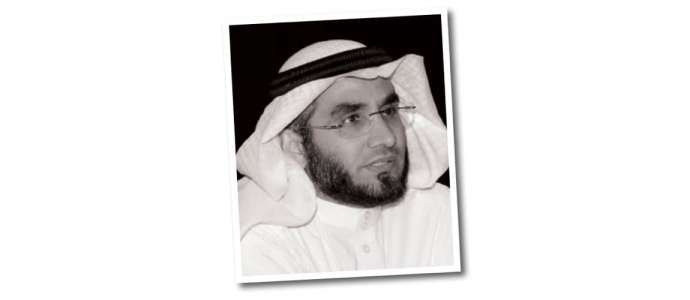
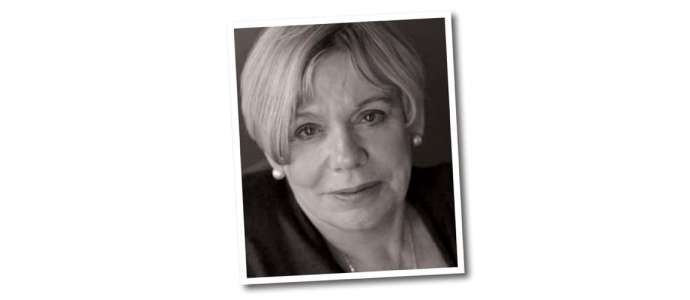
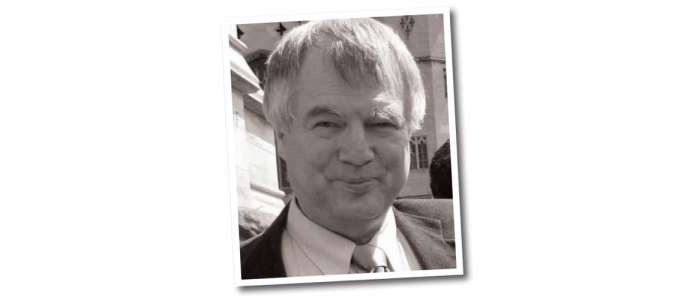
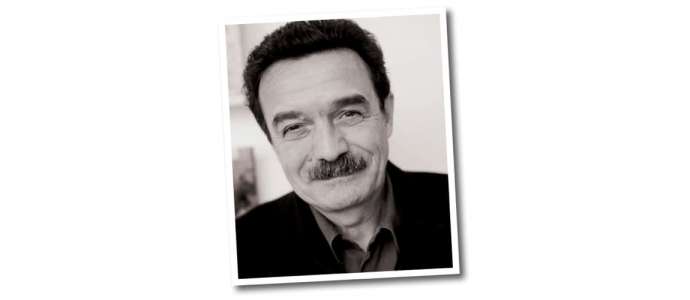
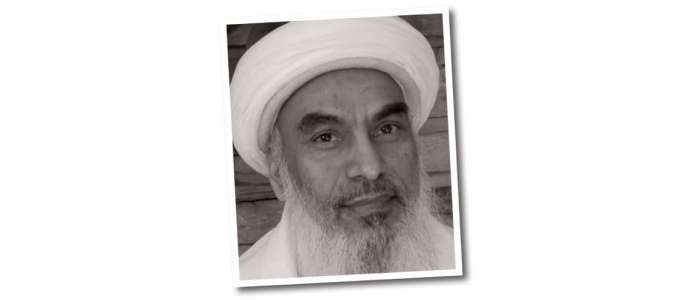
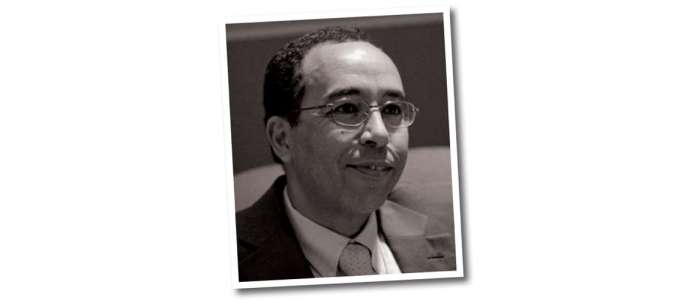
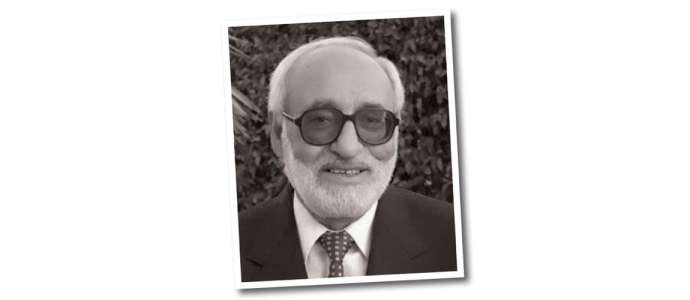
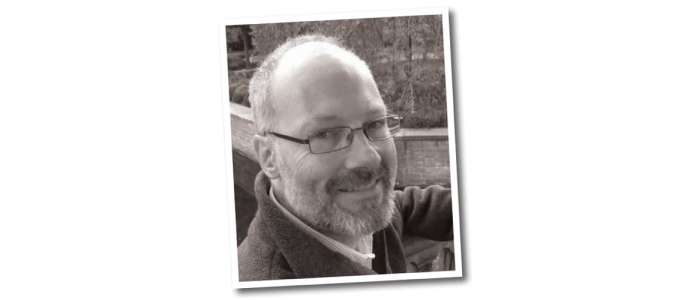
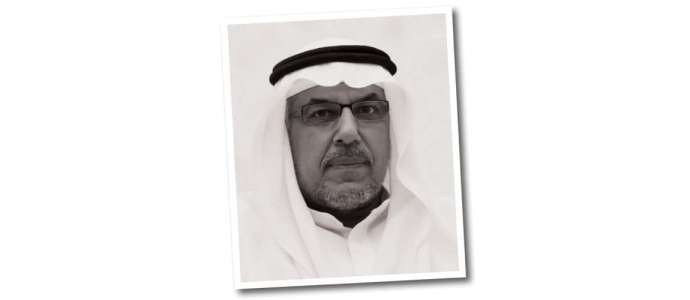
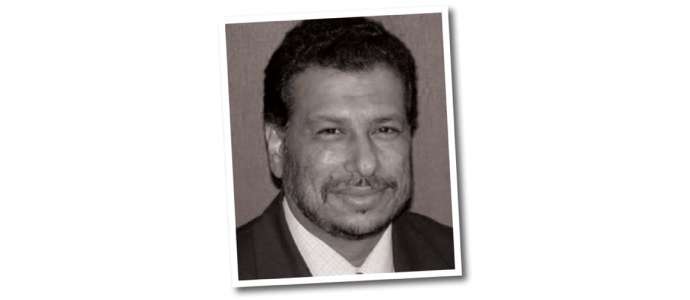
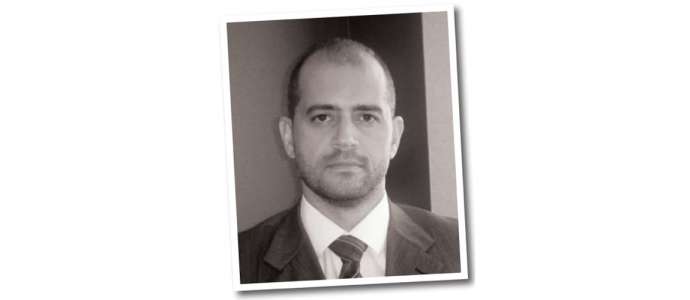
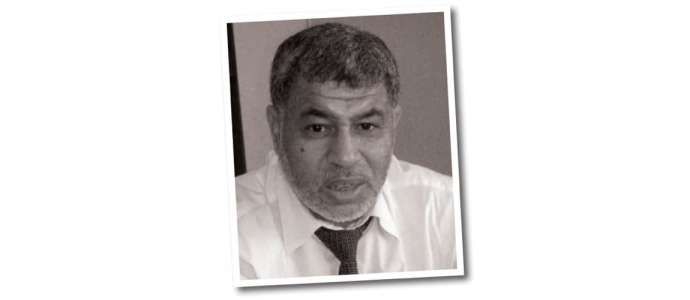
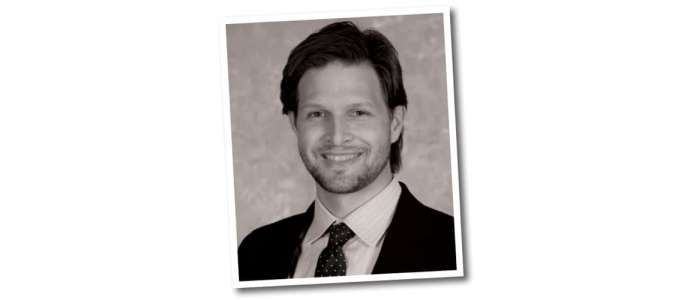
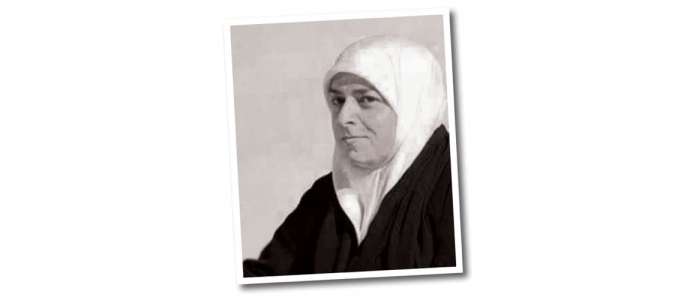
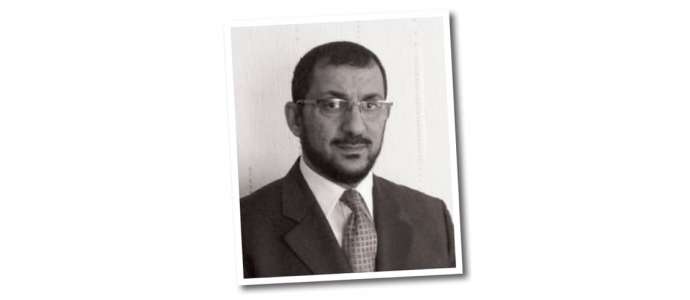
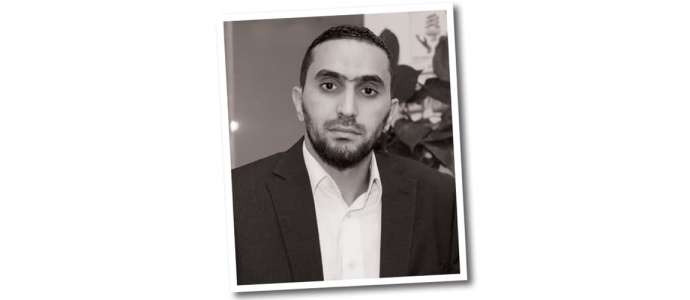
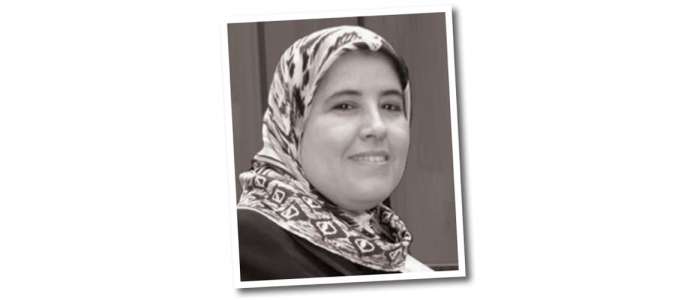












Add new comment